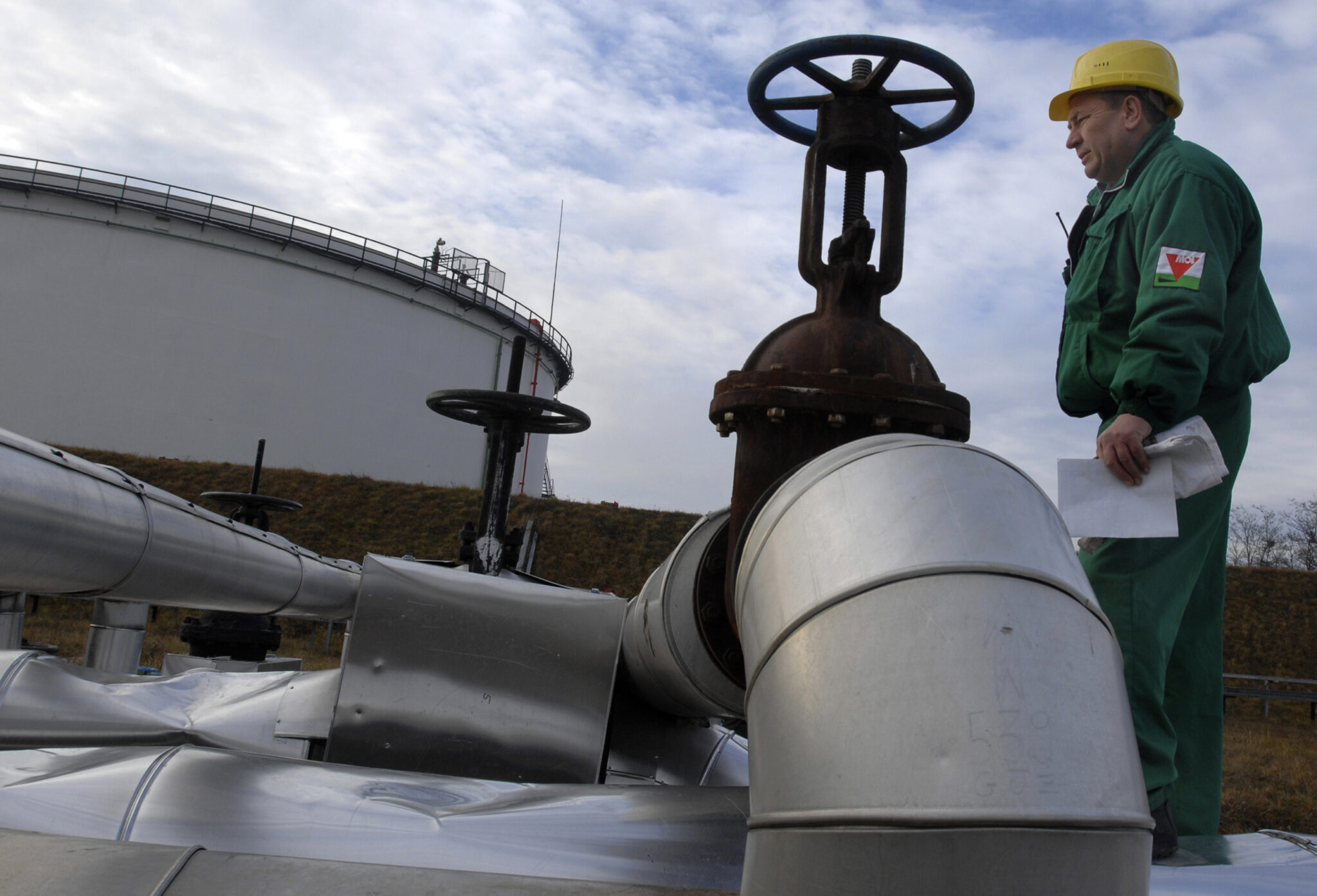 |
Kyiv turned off the tap last month to what is also known as the “Friendship” pipeline which connects Hungary and Slovakia with Russian crude oil. Much of this is then refined through Slovnaft, an oil refining company in Slovakia.
The move came after Ukraine sanctioned Lukoil, Russia’s second-largest oil company, accusing it of supporting the Russian war effort.
The move initially led to supply shortages in Budapest and Bratislava. Lukoil made up half of Hungary’s Russian oil imports and a third of its total oil imports. However, other Russian exporters stepped in to fill the gap, with the ban on Lukoil presenting no short-term impact and Russian oil flowing normally to Hungarian MOL Group’s refineries in both Százhalombatta, Hungary, and Bratislava, Slovakia.
“If the transit of Russian oil through Ukraine is not resumed shortly, Slovnaft will not resume the supply of diesel fuel to Ukraine, which covers a tenth of Ukrainian consumption,” Fico said in a post on Facebook.
Hungarian Foreign Minister Péter Szijjártó has stated that the EU-Ukraine association agreement prohibits Ukraine from blocking energy transit.
— Remix News & Views (@RMXnews) July 26, 2024
Yet again, Brussels sides with anyone but Hungary. https://t.co/EJ6dLrz8wz
Fico has remained heavily critical of Ukraine’s unilateral decision to sanction Lukoil, insisting that Slovakia “doesn’t intend to be a hostage to Ukrainian-Russian relations.”
Slovakia has been left with no choice but to consider retaliatory measures after the European Commission refused to intervene earlier this week, claiming it needed more time to assess the situation.
Both Hungary and Slovakia had asked the European Commission to initiate a dispute settlement and, if unsuccessful, arbitration proceedings against Ukraine, but European Commission Vice-President Valdis Dombrovskis kicked the can down the road, telling the Financial Times the EU executive needed to review the case.
Hungarian Foreign Minister Péter Szijjártó has accused Ukraine of breaching its association agreement with the European Union which prohibits Kyiv from blocking energy transit. However, other sources have claimed there is a clause in the agreement that could allow for this, while Ukraine claims transit is not being blocked since Russian companies other than Lukoil can use the pipeline network.
(Article by Thomas Brooke republished from rmx.news)